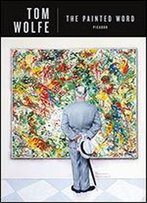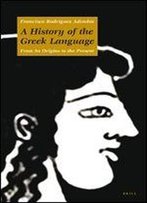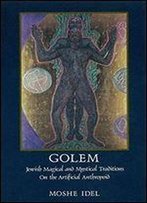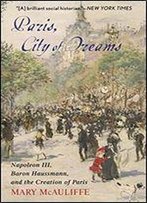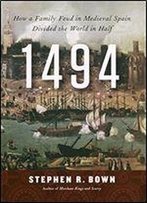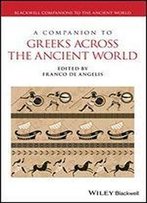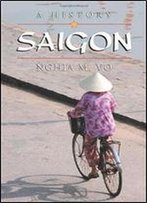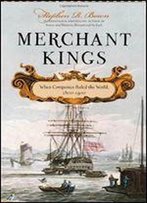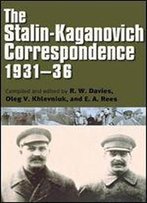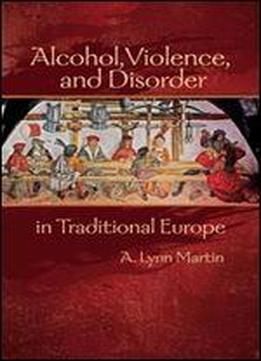
Alcohol, Violence, And Disorder In Traditional Europe (early Modern Studies, Volume 2)
by A. Lynn Martin /
2017 / English / PDF
20 MB Download
Traditional Europe had high levels of violence and of alcohol consumption, both higher than they are in modern Western societies, where studies demonstrate a link between violence and alcohol. A. Lynn Martin attempts to determine if this link can also explain the violence and disorder of traditional Europe, from about 1300 to 1700, by using an anthropological approach to examine drinking, drinking establishments, violence, and disorder, and comparing the wine-producing south with the beer-drinking north and Catholic France and Italy with Protestant England. Both Catholic and Protestant moralists believed in the link, and they condemned drunkenness and drinking establishments for causing violence and disorder. They did not advocate complete abstinence, however, for alcoholic beverages had an important role in most peoplediets. Less appreciated by the moralists was alcoholfunction as the ubiquitous social lubricant and the increasing importance of alehouses and taverns as centers of popular recreation. The study utilizes both quantitative and qualitative evidence from a wide variety of sources to question the beliefs of the moralists and the assumptions of modern scholars about the role of alcohol and drinking establishments in causing violence and disorder. It ends by analyzing the often-conflicting regulations of local, regional, and national governments that attempted to ensure that their citizens had a reliable supply of good drink at a reasonable cost but also to control who drank what, where, when, and how. No other comparable book examines the relationship of alcohol to violence and disorder during this period. Although the drunken brawl is one of the oldest tropes in social history, Lynn Martinfascinating analysis of alcohol and violence in early modern western Europe argues that both are cultural constructions of enormous complexity that cannot be reduced to a mechanical pairing. This book offers a highly readable introduction to the social history of alcohol, but its particular triumph is in its exploration of how historians and anthropologists make sense of cultural phenomena like drinking and disciplinary regimes. Thomas Brennan, Professor of History, U.S. Naval Academy There is much that is interesting about this book. Lynn A Martin has collected a vast array of material from a wide geographical and chronological spread and this gives a vivid and complex picture of the problem that he sets out to explore. The questions Martin raises about the History of the understandings of violence are important. He has combed published source collections and the work of other historians for many fragments of evidence and his findings provide intriguing challenges to scholars of violence and disorder in early modern European communities. Dianne Hall, School of Social Sciences and Psychology, Victoria University, Melbourne
